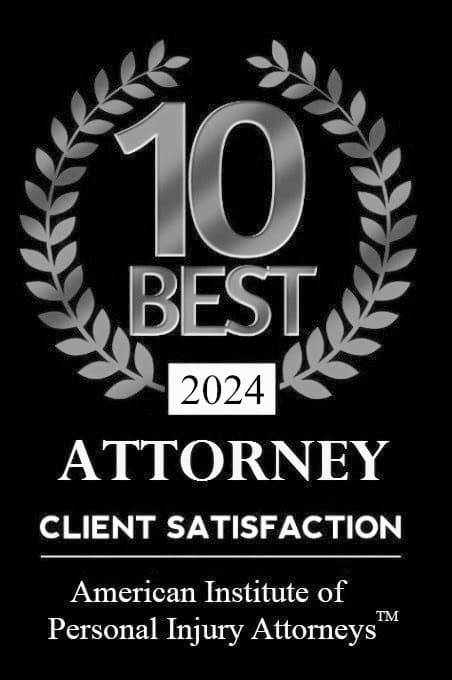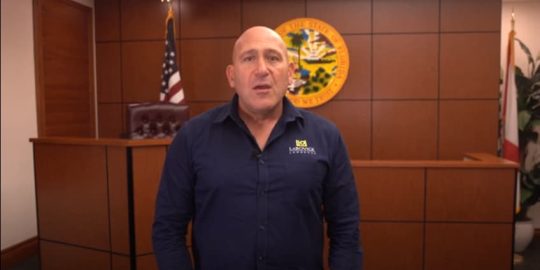Understanding the Basics of Premises Liability Law in Tampa
What is Premises Liability?
Premises liability refers to the legal responsibility of property owners and managers to maintain a safe environment for visitors, customers, and tenants. This duty of care extends to a wide range of properties, including private homes, commercial buildings, public spaces, and more. When property owners fail to address hazards or maintain their property adequately, they may be held liable for any resulting injuries.
Common Types of Premises Liability Cases
Premises liability attorneys in Tampa often handle a diverse range of cases, including:
- Slip and fall accidents
- Inadequate security leading to assaults or other crimes
- Dog bites or animal attacks
- Swimming pool accidents
- Elevator or escalator accidents
- Hazardous conditions (e.g., broken railings, uneven surfaces, or poor lighting)
Florida’s Premises Liability Laws
In Florida, premises liability law is based on the principle of negligence. Property owners have a duty to maintain their property in a reasonably safe condition and to warn of any known dangers.
The specific duties owed by a property owner depend on the status of the visitor:
- Invitees: These are individuals who enter the property for a purpose that benefits both the visitor and the property owner (e.g., customers at a store). Property owners have the highest duty of care to invitees and must actively maintain their property in a safe condition.
- Licensees: These are social guests or others who enter the property with the owner’s permission but without any mutual benefit. Property owners have a duty to warn licensees of any known hazards but are not required to inspect the property for potential dangers.
Trespassers: These are individuals who enter the property without permission. Property owners have limited duties to trespassers, only owing them a duty to avoid willful or wanton harm.
What Are Your Legal Rights as an Injury Victim in a Tampa Premises Liability Case
If you’ve been injured on someone else’s property due to their negligence, it’s crucial to understand your legal rights as an injury victim.
The Right to Seek Compensation
As an injury victim, you have the right to seek compensation for your losses. This can include:
- Medical expenses
- Lost wages
- Pain and suffering
- Other damages related to your injury.
In a premises liability case, the property owner or their insurance company may be responsible for compensating you if they are found to be negligent.
The Right to a Thorough Investigation
To build a strong premises liability case, it’s important to gather evidence that supports your claim. You have the right to a thorough investigation, which may include:
- Collecting photographs or video footage of the scene
- Interviewing witnesses
- Reviewing maintenance records and inspection reports
- Examining any relevant building codes or regulations
An experienced Tampa premises liability attorney will work to gather this evidence on your behalf to help strengthen your case.
The Right to Legal Representation
You have the right to seek legal representation from a qualified premises liability attorney in Tampa. A lawyer will advocate for your best interests, ensuring that your rights are protected throughout the legal process. They can help you:
- Understand the nuances of Florida’s premises liability laws
- Determine the potential value of your claim
- Negotiate with insurance companies on your behalf
Prepare your case for trial, if necessary
The Right to a Fair and Timely Resolution
In a Tampa premises liability case, you have the right to a fair and timely resolution. While many premises liability cases are resolved through negotiations with insurance companies, some may proceed to trial. Your Tampa premises liability attorney will work to obtain the best possible outcome for your case, whether through a settlement or a jury verdict.
Understanding Florida’s Statute of Limitations
It’s important to be aware of Florida’s statute of limitations for premises liability cases. You have four years from the date of the injury to file a lawsuit. If you fail to file within this time frame, you may lose your right to seek compensation. It’s essential to consult with a premises liability attorney in Tampa as soon as possible after your injury to ensure that your rights are protected.
The Key Steps to Take After a Premises Liability Injury in Tampa
If you’ve been injured on someone else’s property due to their negligence, it’s essential to take certain steps to protect your rights and build a strong premises liability case.
Seek Immediate Medical Attention
Your health should be your top priority. If you’ve been injured, seek immediate medical attention, even if the injuries seem minor. This not only ensures that you receive appropriate treatment but also creates a medical record of your injuries, which can be crucial evidence in your case.
Report the Incident
Notify the property owner, manager, or another responsible party about the incident as soon as possible. This is important for documenting the incident and initiating the process of filing a claim. Make sure to obtain a copy of any incident report that is generated.
Avoid Discussing the Accident
Refrain from discussing the details of the accident with the property owner or their insurance company, as anything you say could be used against you later. Additionally, do not post any information about the accident on social media, as this could also harm your case.
Contact a Specialized Premises Liability Attorney in Tampa
Consult with an experienced lawyer as soon as possible after your injury. They can help you understand your legal rights, evaluate your case, and guide you through the process of seeking compensation.
Follow Your Medical Treatment Plan
It’s essential to follow your doctor’s recommendations and treatment plan for your injuries. This not only helps your recovery but also demonstrates that you are taking your injuries seriously. Failing to follow your medical treatment plan could potentially harm your premises liability claim.
Keep Detailed Records
Maintain organized records of all relevant documents, including medical bills, receipts for expenses related to your injury, correspondence with insurance companies, and any lost wages. This documentation will be important when calculating the value of your claim.

















